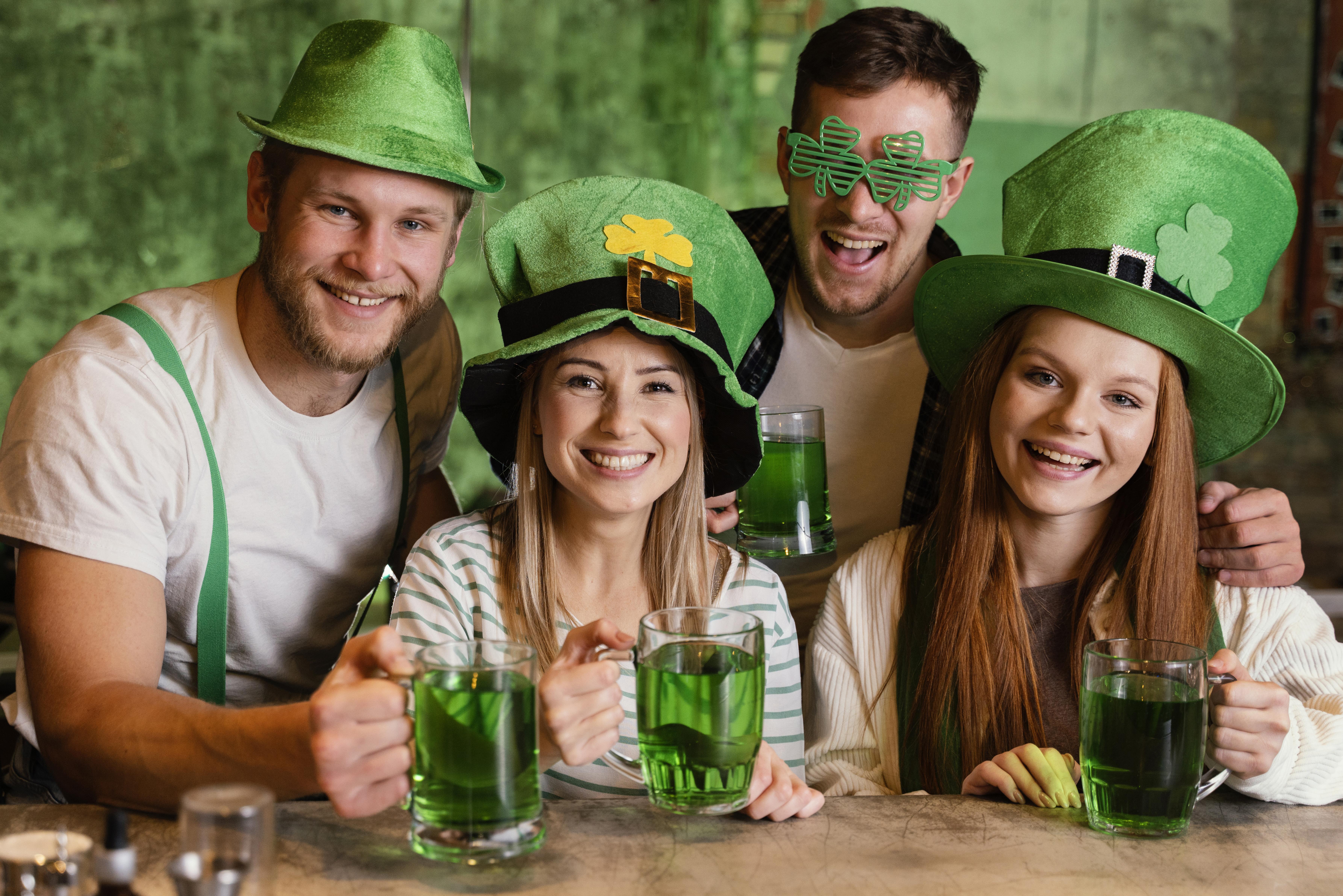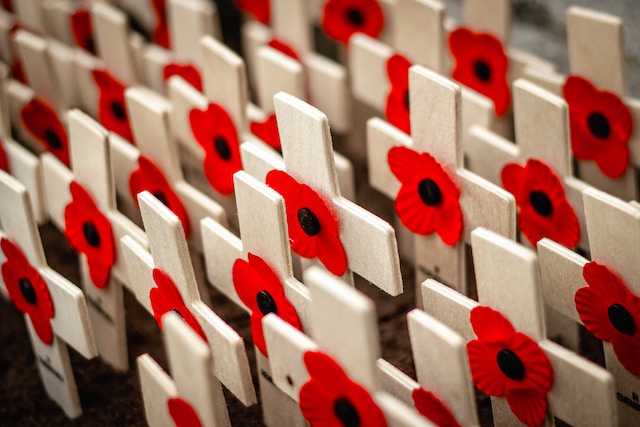Every year on January 25th, Scots don traditional Scottish attire (Tartan), recite poetry, and enjoy Scottish haggis, all in remembrance of Scottish poet Robert Burns.
Robert Burns is one of the UK's renowned poets. While many may not be deeply familiar with him, many would recognize his famous piece, "Auld Lang Syne," known in Chinese as "Friendship Forever." He penned numerous iconic poems and songs, contributing profoundly to UK literature as a forerunner of the Romantic movement. To honor his contributions, his birthday has been declared a UK public holiday.
Among the distinctive UK holidays, Shrove Tuesday (also known as Pancake Day) stands out. Originating from the Christian tradition of observing a 40-day fast before Easter, devotees abstain from consuming fish, meat, and dairy. As a result, people use milk, flour, and eggs to make pancakes on the day before the fast, a tradition that has spread nationwide.
Pancake races, where participants run while flipping pancakes in pans, are a highlight, making the occasion lively.
Today, beyond just fasting, this event is one of the most anticipated traditional activities in many UK cities.

Source: Freepik
St. David’s Day (March 1st)
March 1st marks the death of missionary Saint David, one of the patron saints of Wales. Apart from his significant contributions to the church, he also displayed notable military prowess. In the 6th century, leading the Welsh army, he instructed soldiers to place leeks on their helmets to differentiate friend from foe, eventually driving away the Saxons. To commemorate him, the Welsh wear daffodils on their attire. However, this isn't a UK-wide public holiday, being limited only to Wales.
On March 17th, Irish streets turn green as people, dressed in green, celebrate the revered patron saint, St. Patrick. Theyparticipatein mass and enjoy local whiskey. The tradition stems from St. Patrick using the shamrock to explain the Christian Holy Trinity. The day is marked with dancing, grand parades, and an overall festive green atmosphere, drawing millions of participants, making it a widely celebrated UK holiday.

Source: Freepik
St. George’s Day is another holiday commemorating a patron saint. Legend has it that Saint George, born in Turkey, saved a princess by slaying a dragon, with the spilled dragon blood forming a cross, now the symbol on the English flag. However, celebrations for St. George aren't as extensive as for the other patron saints and are mostly confined to England.
Exclusive to Scotland and Northern Ireland, Orangemen’s Day, also known as The Twelfth, commemorates the Protestant king's victory over the Catholic king in the 1690 'Battle of Boyne'. Participants dress in neat black suits with orange sashes and parade in remembrance of this event.
Also called Guy Fawkes Night, it marks the day in 1605 when Roman Catholic Guy Fawkes, along with others, plotted to assassinate the Protestant King James I and blow up the Parliament. They were captured and executed for treason.
To celebrate the king's survival, he allowed public bonfires. Today, certain regions in the UK, like Battersea Park and Alexandra Palace, still hold grand celebrations, with fireworks and markets.
Initially called "Armistice Day" and established by King George V on November 7th, 1919, its purpose is to remember military sacrifices, reflect on the devastations of war, and alert people about its severity.
Every November 11th, a two-minute silence is observed across the UK in memory of those who perished in the World Wars, followed by a "Remembrance Sunday" event. Ceremonies, attended by royalty, politicians, and the public, take place at the Peace Tower and the Cenotaph.

Source: Unsplash
November 30th is the officialnational day of Scotlandand is also a Christian festival commemorating the apostle St. Andrew. The public celebrates this day with traditional Scottish food, music, and other cultural activities. Locals also see this day as the arrival of winter. In celebration of the national day, some Scottish attractions, such as Edinburgh Castle, offer free admission to the public. Other cities in Scotland also have corresponding celebrations, such as wearing traditional Scottish kilts, dancing the ceilidh, and drinking whisky.
All major British festivals have a strong religious and cultural significance. The above introduction to special British festivals is intended to help international students integrate more quickly into the UK and gain a deeper understanding of the local culture. If anyone is interested in more information about studying in the UK, stay tuned to Cyclopes' updates.